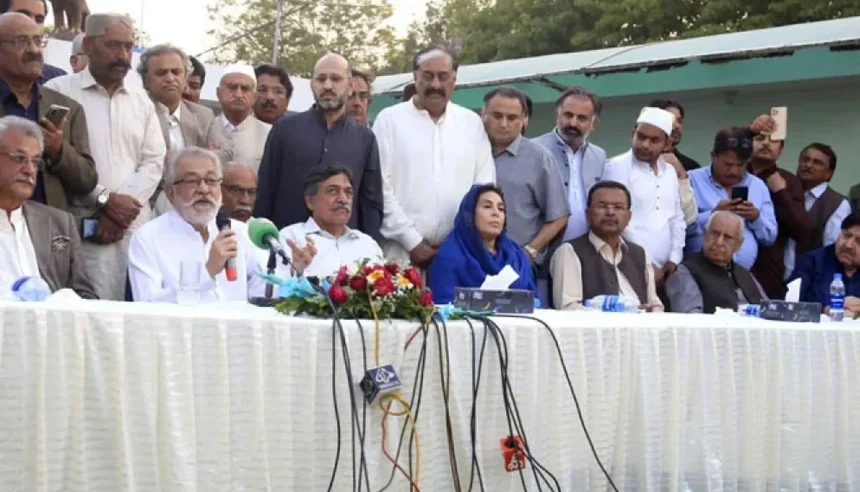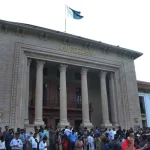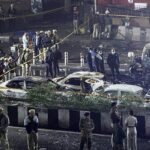During its 15-year dominance in Sindh, the Pakistan Peoples Party was accused of corruption, weak governance, dynastic politics, and feudalism. Despite the constant onslaught of accusations, the electoral environment in Sindh has continually shifted in favor of the PPP, surprising public expectations.
Since 2008, the PPP has not only won, but has increased the number of seats and votes in each general election. Following Benazir Bhutto’s assassination, the PPP won 69 seats in the 2008 elections, accounting for 42.26% of all votes.
Although their vote share fell somewhat to 32.63% in 2013, they nevertheless won 73 seats and remained the largest party by a substantial margin, handily constituting the government.
The PPP won 77 seats in the 2018 elections, accounting for 38.44% of the vote. In the most recent elections, held on February 8, 2024, the Bilawal-led party won 84 general seats, its largest success in terms of seats since 2008.
The question is, what variables have pushed the PPP’s consistent victories? Critics argue that the PPP uses a lack of education, the feudal system, and alleged election cheating to preserve its power in the country’s second-largest province. But can these hypotheses survive empirical and logical scrutiny?
Abysmal opposition.
In rural Sindh, the PPP faces two significant opponents: the Grand Democratic Alliance (GDA) and the Jamiat Ulma-e-Islam-Fazl (JUI-F). The GDA is a coalition of anti-PPP parties, includes the Pakistan Muslim League-Functional (PML-F), Pakistan Muslim League-Nawaz (PML-N), PPP-Shaheed Bhutto, and nationalist parties such as Qoumi Awami Tehreek (QAT), Sindh United Party (SUP), and Sindh Taraqi Pasand Party (STP).
The leading factions in this coalition, most notably the PML-F and Pakistan Muslim League-Nawaz (PML-N), have had leaders who have supported tyrants several times. From the founding of Islami Jamhoori Ittehad (IJI) in 1988 to the Musharraf era, personalities such as Pir Pagara, Ghulam Mustafa Jatoi, Liaquat Jatoi, Arbab Ghulam Raheem, and others have positioned themselves as not just supporters but also beneficiaries of these unlawful activities.







